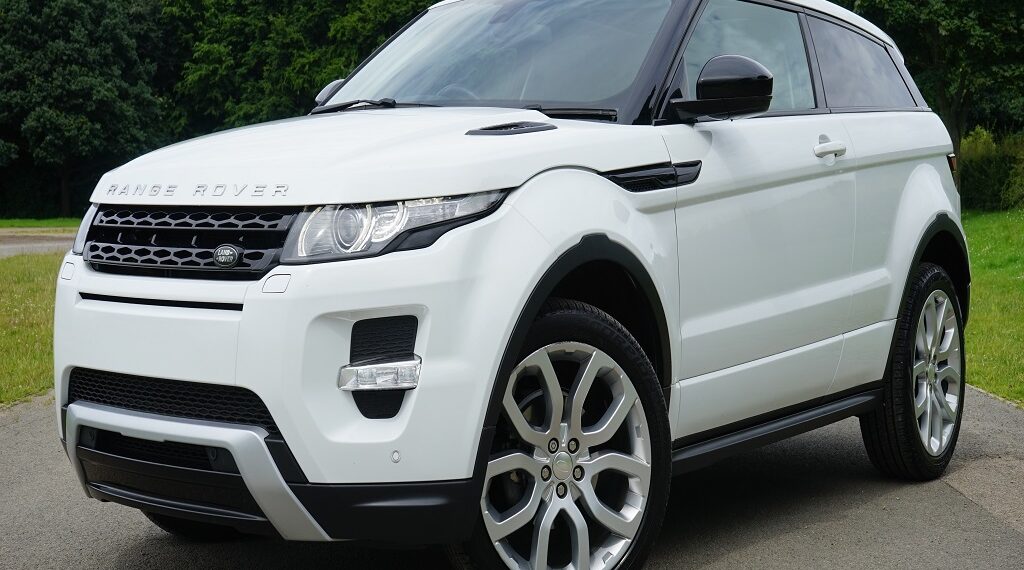Drivers who are insured by their car’s manufacturer may feel that they don’t need to buy off-the-shelf insurance. This is a mistake, however. Auto insurance can help protect you from financial loss, injuries, or death in a dangerous accident. It also provides medical coverage if you or your passengers need treatment after an accident. Some policies cover lost wages and funeral costs for passengers who die in a crash. Car insurance can even provide some protection if you are injured as a passenger in someone else’s car. If you were negligent for the accident–even if it was your fault–car insurance can help pay for any costs that would have fallen on you.
Car insurance policies are a little different depending on where you live. Some states, such as California and Hawaii, require drivers to carry personal injury protection (PIP), while in other states, such as North Carolina and Virginia, it’s optional. And if you happen to live in Idaho or Montana, you might be required to carry medical payments coverage instead. If you’re looking to purchase a car, it’s important that you start shopping for auto insurance as well. The first step to this is learning what the common types of auto insurance plans are.
Liability Insurance
Drivers are, by law, required to purchase at least a certain amount of liability coverage in most states. Bodily injury liability is a must-have because it can help pay for medical costs in case you cause an accident in which a third party suffers injuries. Similarly, property damage liability is essential because it pays for any damage you cause to someone’s property while driving your car.
Uninsured and Underinsured Motorist Coverage
If you’re in a road accident with someone who does not have car insurance to pay for your bills, uninsured motorist coverage may help pay for your medical bills. It’s often required by state law, and it’s sold as a separate policy from your own car insurance. If you’re hit by an underinsured driver – that is, someone with insurance but too little to cover all of your resulting medical bills – underinsured motorist coverage may help.
Comprehensive Insurance
Comprehensive coverage helps protect your car from more than just collisions. This coverage option can help pay to repair or replace your vehicle if it’s damaged by a variety of things — like theft, fire, hail, and vandalism. This coverage includes a deductible, which is the amount of money that you’ll pay out of pocket in case of an insurance claim before your insurer reimburses you for a covered claim.
Collision Coverage
If you have collision coverage insurance as part of your policy, it will help pay for repairs (up to the actual cash value of the vehicle and minus your deductible) if you’re involved in an accident with another vehicle. This coverage may be required by your leaseholder or lender.











